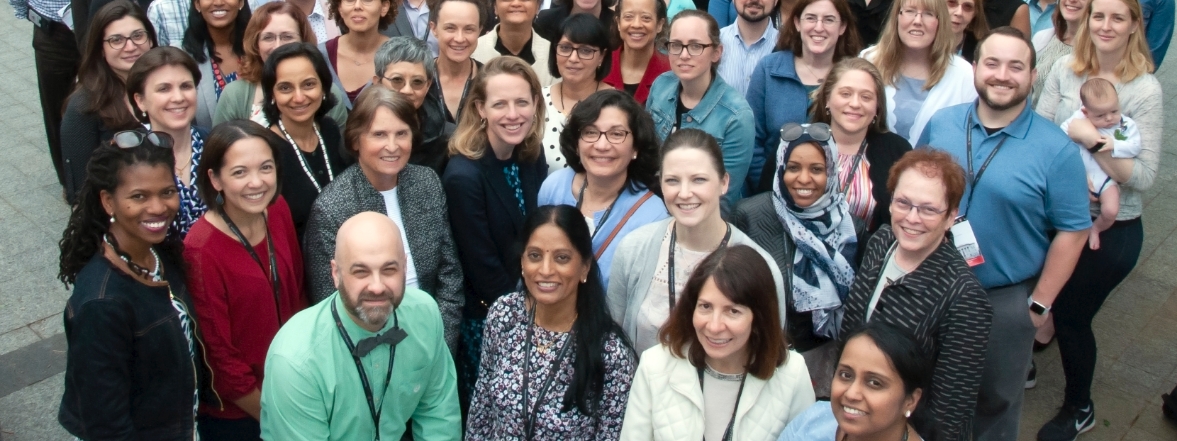The Harvard Macy Institute


Core learning principles are common to each of the Institute’s courses:
Project-based with action planning.
Each participant comes with a project and leaves with an action plan that has been guided by the course faculty and other participants, to maximize the potential for organizational change in one’s home institution.
Inter-professional and international perspectives.
The Institute is committed to the cross-fertilization of ideas among all involved in health care education. Continuing education programs should reflect the environments in which their participants live and work. Participants frequently cite the importance of being introduced to the diversity of perspectives and experiences in health care, education, and institutions.
Evidence-based, updated annually.
The core program structure, which benefits from the experience of returning scholars, is a major reason for the Institute’s enduring success. Each class day requires approximately two hours of prior reading or reflective preparation. For most, this is a rare opportunity to focus completely on what it means to be an educator and innovator in the health care professions.
Continuous and expanding community of scholars.
In addition to the friendships and network developed while attending an Institute course, participants become part of a broader community of scholars worldwide, dedicated to collaboration and innovation in health care education. Over 150 institutions have sent five or more faculty to the Institute over the years to create a critical mass of faculty to challenge the status quo, champion significant change, and collectively create a long-lasting legacy within their own institution.
Small groups are an essential component of the Institute’s learning strategy, and are:
HMI is a world leader in organizing programs with the overall goal of developing innovators in health professions education (HPE). About 100 scholars participate each year in each of the 4 programs. In addition, alumni participate as returning scholars and faculty for each of the programs. Thus, the HMI community is an incredibly rich source for healthcare ideas, innovations and research.
The HMI leadership is keen to expand the scholarly activities of the institute (HMI leaders, faculty and scholars) to formulate important study questions, data collection and analysis and advance the field of healthcare education overall.
If any scholar has a healthcare research project that they feel could benefit HMI and our community we invite you to contact us harvard_macy@hms.harvard.edu.